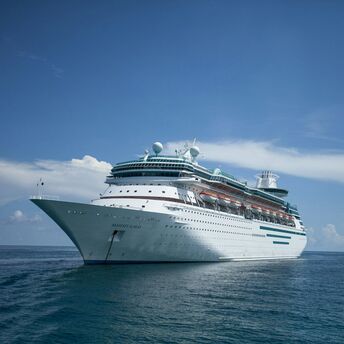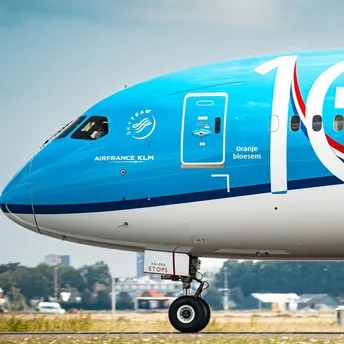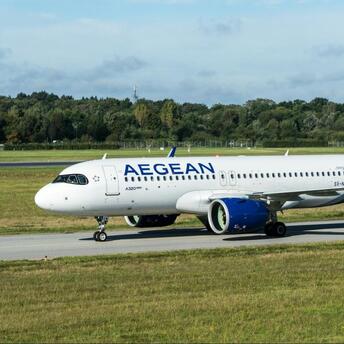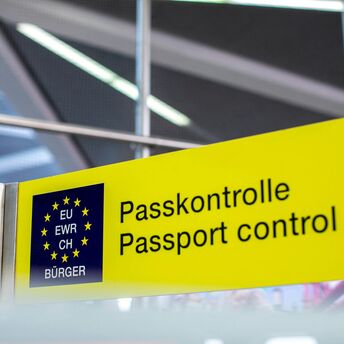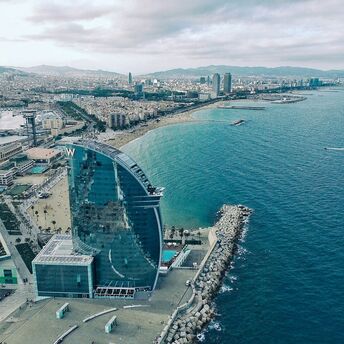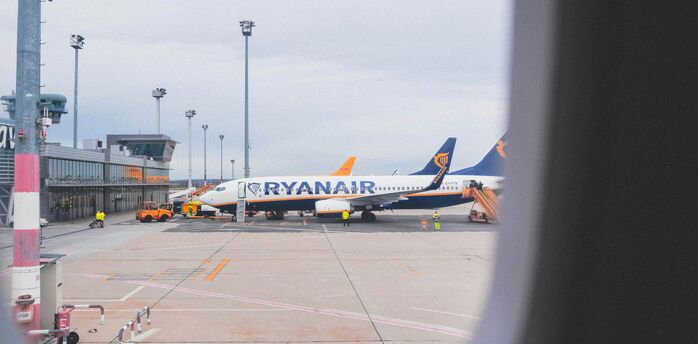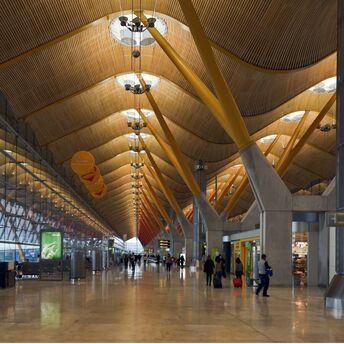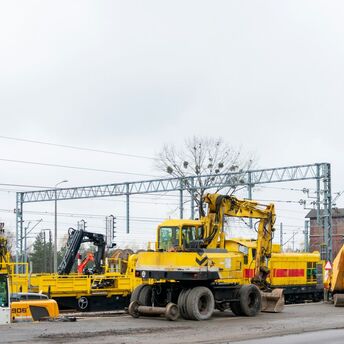Rail Baltica Completion Postponed to 2030 Due to Financial Difficulties
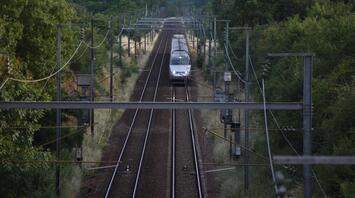
The Rail Baltica project, aimed at establishing a modern high-speed rail connection between Estonia, Latvia, and Lithuania, has faced delays. Initially, it was scheduled to be completed by 2025, but due to financial challenges, the new completion date has been pushed to 2030. The initial budget of €3.5 billion has increased, and the project now requires an additional €19 billion for successful completion.
Despite the challenges, Rail Baltica remains a crucial project for improving both passenger and freight transport in the Baltic region. This railway network will become a symbol of deeper integration of these countries into the European transportation system, opening new opportunities for fast and convenient travel, as well as connecting with iconic European cities such as Warsaw and Berlin.
Meanwhile, travelers looking to experience similar high-speed routes can take the Eurostar train. It offers thrilling high-speed journeys between London, Paris, and Brussels, providing a convenient and eco-friendly way to explore Europe. Another exciting option is the Thalys train, which connects France, Belgium, the Netherlands, and Germany, allowing passengers to enjoy the scenic landscapes of Western Europe during a comfortable trip.
Also worth noting is the Swiss Rail Network, famous for its punctuality, breathtaking Alpine scenery, and excellent connections to major European metropolises. For those eager to explore Northern Europe, the Öresund Bridge, linking Denmark and Sweden, offers a unique travel experience with both rail and road connections across the strait.
For travelers, the Rail Baltica delay means they will have to wait longer to enjoy faster journeys and new routes. However, once completed, the project will unlock numerous new travel destinations in the Baltic region, offering a quicker and more eco-friendly way to explore the area and connect with other parts of Europe.
This delay highlights the challenges of executing large infrastructure projects, especially in regions where transportation networks need modernization. However, once finished, Rail Baltica will significantly enhance travel opportunities, allowing tourists to discover a culturally rich and historically significant part of Europe.




